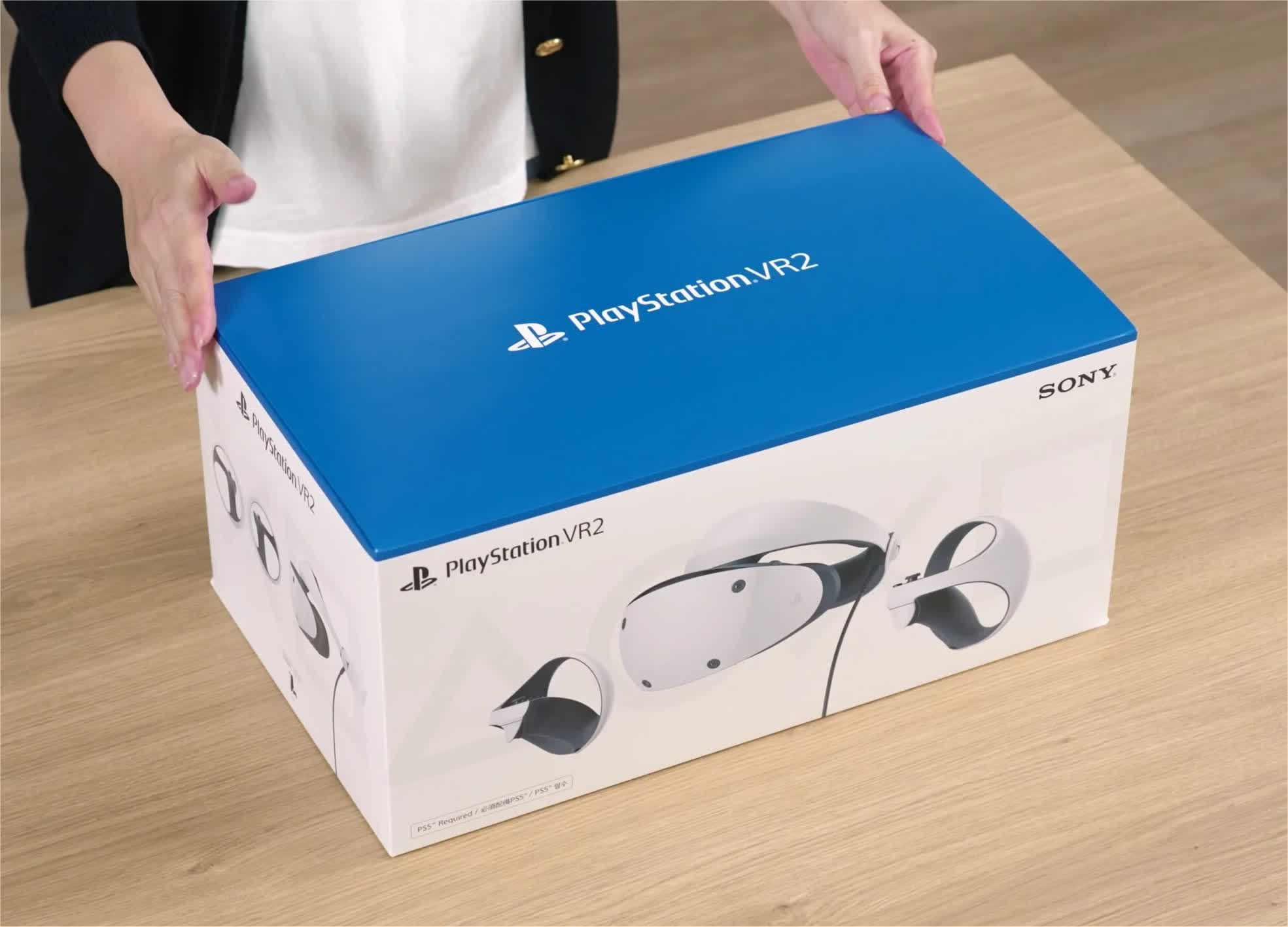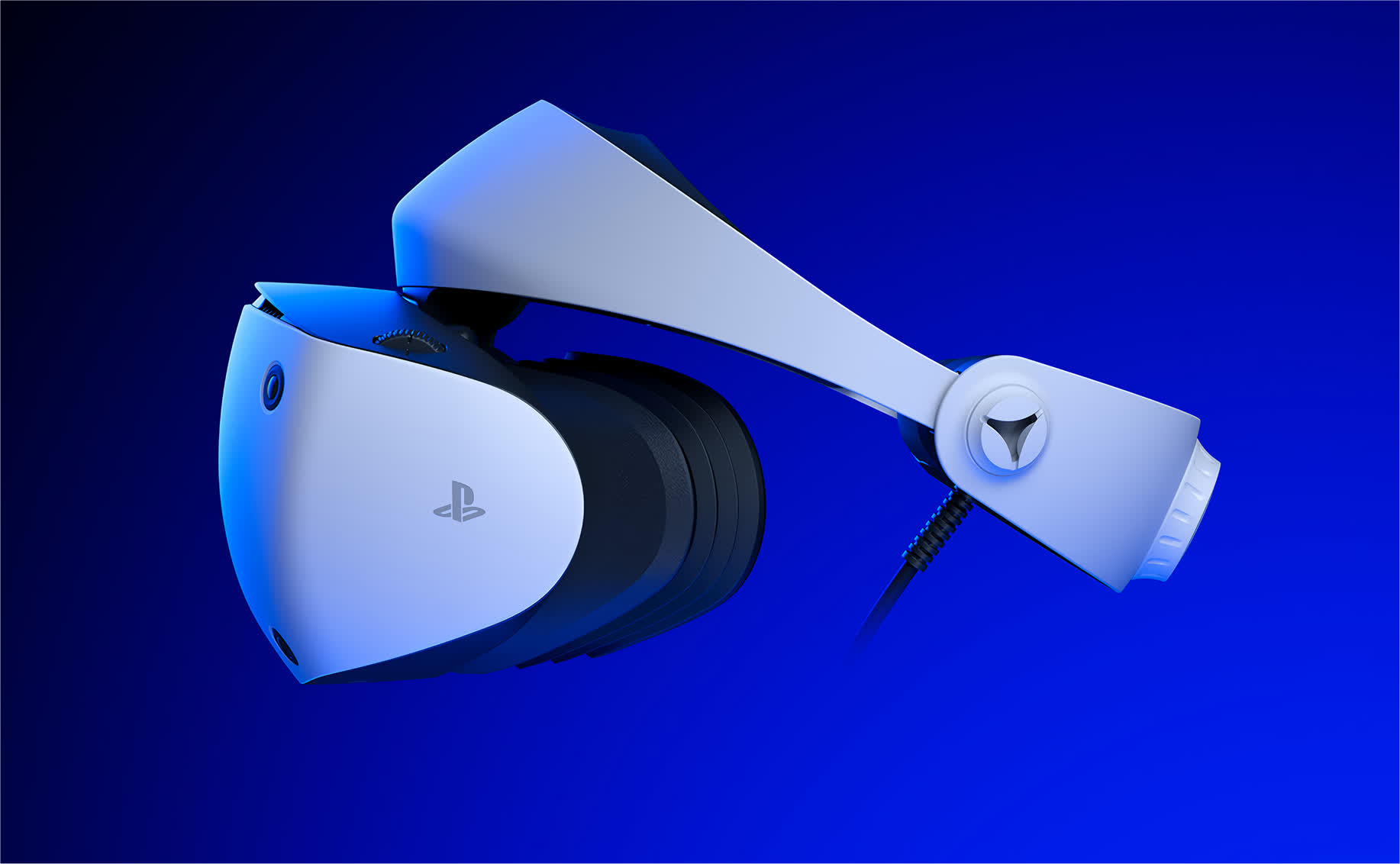The big picture: Sony has reportedly paused production of its PlayStation VR2 virtual reality headset as unsold inventory continues to pile up. Last year, NAND flash makers found themselves in a similar situation. Their solution was to dial back production, and it seems to have worked. NAND flash industry revenue increased nearly 25 percent in Q4 following the changes. Will it work for Sony's VR headset, too?
The second-generation PlayStation VR launched in February 2023 to what seemed like a warm enough reception. Sony later said the PSVR 2 had outperformed the original during launch by eight percent, notching 600,000 unit sales in the first six weeks on the market.
Sony launched the PSVR 2 at a retail price of $549.99, which is where it continues to sit today. That's a lot for a console accessory – it's $100 more than the price of a new PlayStation 5 bundle, and $150 more than the digital edition PS5.

Sources familiar with the matter told Bloomberg that sales have steadily slowed since launch. Market intelligence firm IDC told the publication that shipments have declined each and every quarter since launch. Sources said Sony has made more than two million units to date, and that surpluses are present throughout the supply chain.
The high price of entry is no doubt hampering adoption, as is a lack of compelling games. No relief on the price point has been announced, but Sony last month did share some new VR content that's coming soon. The PlayStation maker is also working to make its flagship headset compatible with PC VR titles.
Modern virtual reality has been around for roughly a decade now. Although great strides have been made in terms of performance and capability, the tech still hasn't generated the sort of demand many thought it had the potential to. Apple's entry into the space with its Vision Pro is promising, but it is hamstrung by a far higher $3,499 price point.
Still, IDC analyst Francisco Jeronimo isn't ready to give up on the category. "We forecast the VR market to grow on average 31.5% per year between 2023 and 2028," he told Bloomberg.
